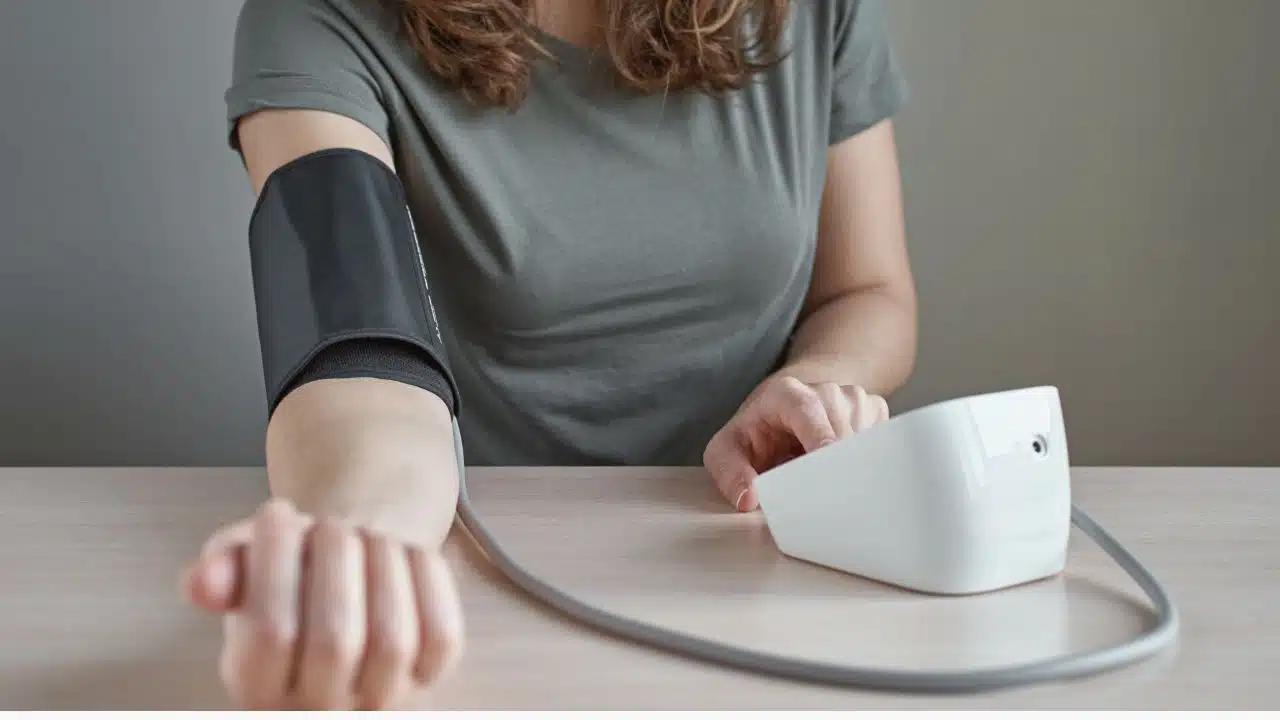High blood pressure, often considered a condition affecting older adults, is now emerging as a significant health issue among younger people. Recent studies reveal a startling number of young adults with uncontrolled high blood pressure are unaware of their condition.
This lack of awareness, paired with the increasing prevalence of hypertension in younger age groups, poses serious risks to long-term health.
The Hidden Problem: Uncontrolled Hypertension among Young Adults
JAMA Network Open published a study that analyzed data from the National Health and Nutrition Examination Survey, specifically focusing on 3,129 American adults with uncontrolled high blood pressure. The findings are concerning: more than half of these adults did not even know they had hypertension. Among those who were aware, nearly 71% were taking medication, but their blood pressure remained uncontrolled.
One of the most alarming trends in the data was the prevalence of unawareness among younger adults. Nearly 69% of women and 68% of men aged 18 to 44 with hypertension were unaware of their condition. Even more troubling, over 76% of those with uncontrolled hypertension had not seen a healthcare provider in the past year.
Given the close link between hypertension and an increased risk of cardiovascular disease, the study’s authors warned of the serious implications for the nation’s health. This trend is especially worrying, given that heart disease is on the rise among younger people in the U.S.
What is high blood pressure?
High blood pressure, or hypertension, occurs when the force of blood pushing against the walls of arteries is consistently too high. According to the Centers for Disease Control and Prevention (CDC), blood pressure readings consist of two numbers: the systolic pressure (the top number), which measures the force against artery walls during heartbeats, and the diastolic pressure (the bottom number), which measures the force when the heart rests between beats.
Normal blood pressure is less than 120/80 mm Hg. The American College of Cardiology and the American Heart Association diagnose hypertension when readings are consistently at or above 130/80 mm Hg.
The Dangers of Hypertension
Uncontrolled hypertension can lead to a range of serious health complications. Dr. Christopher Berg, a cardiologist at MemorialCare Heart and Vascular Institute, explains that untreated high blood pressure increases the risk of heart attack, stroke, kidney disease, and even dementia. Early diagnosis and management are crucial to prevent these outcomes later in life.
For women, the risks are particularly high during pregnancy. Uncontrolled hypertension can lead to serious complications, including preeclampsia, which is the leading cause of pregnancy-related deaths in the U.S.
Why are rates of hypertension rising among young adults?
The study didn’t explore the reasons behind the rising rates of hypertension among younger adults, but experts have some theories. Dr. Saurabh Rajpal, a cardiologist at The Ohio State University Wexner Medical Center, attributes the increase to several common factors, such as smoking, obesity, and a family history of high blood pressure.
Lifestyle choices also play a significant role. Poor diets, a lack of exercise, and excessive alcohol consumption are all known contributors to hypertension. Dr. Thomas Boyden, the medical director for preventive cardiology at Corewell Health, highlights that young adults tend to visit healthcare providers less frequently, which results in fewer opportunities for diagnosing hypertension.
Why Are So Many Unaware?
One of the primary reasons young adults remain unaware of their high blood pressure is a lack of noticeable symptoms. People often refer to hypertension as the “silent killer” due to its rare presentation of obvious signs only after serious damage has occurred. According to Dr. Berg, many young adults don’t see a doctor on a regular basis, and even when they do, healthcare providers may overlook high blood pressure readings due to factors such as stress or nervousness.
Additionally, some healthcare professionals may hesitate to label a young person with hypertension based on a single high reading. Convincing a seemingly healthy young adult to return for follow-up checks can be challenging, leading to a missed diagnosis.
How to Check Your Blood Pressure?
Knowing your blood pressure is essential for maintaining excellent health. Dr. Boyden stresses that “everyone needs to know their numbers.” Patients can easily perform blood pressure checks at a pharmacy or during a regular doctor’s visit. If your average readings are consistently above 130/80, it’s important to discuss treatment options with a healthcare provider.
While lifestyle changes such as a healthy diet, regular exercise, and reduced alcohol consumption can help manage blood pressure, medical treatment is often necessary if readings exceed 140/90.
High blood pressure in young adults is an increasingly prevalent but often overlooked health issue. The consequences of untreated hypertension can be severe, yet many young people remain unaware of their condition. Regular blood pressure checks, healthy lifestyle choices, and timely medical intervention are essential steps in preventing long-term damage and improving overall health.
Staying informed and proactive about one’s health can make a critical difference, especially for younger generations who are now facing this silent but serious threat.
The information is taken from Yahoo and AOL.com





































